Arsenal had the opportunity to win against Aston Villa but ended up drawing 2-2 after leading by two goals. The match was marred by a VAR controversy over a handball decision against Havertz, which did not overshadow Arsenal's recurring issue of faltering in crucial moments. Despite the VAR controversy, Arsenal's inability to maintain their lead and secure victory highlighted their vulnerability in high-pressure situations.

Since Mikel Arteta took over as Arsenal's manager, the team has made unprecedented investments in the transfer market. Arsenal's spending has consistently increased, with Arteta actively seeking reinforcements during each summer and winter transfer window. However, despite significant investments, the team's performance has not matched these expenditures. In the past six years, Arsenal has only won one FA Cup, with other title aspirations often falling short at critical moments.
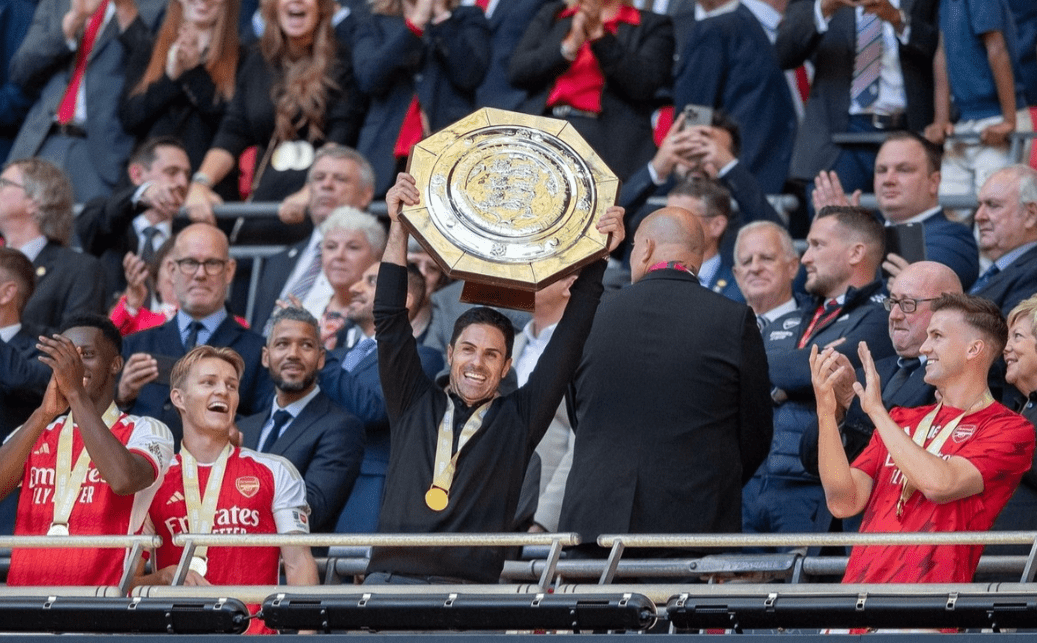
Compared to other top clubs, Arsenal's achievements seem modest. Under Pep Guardiola, Manchester City has been both defensively solid and offensively potent, consistently winning trophies. Meanwhile, Arteta's Arsenal has struggled to break into the top four. Erik ten Hag at Manchester United managed to win two titles in just two years, while Arteta has yet to breakthrough in the Premier League and European competitions.
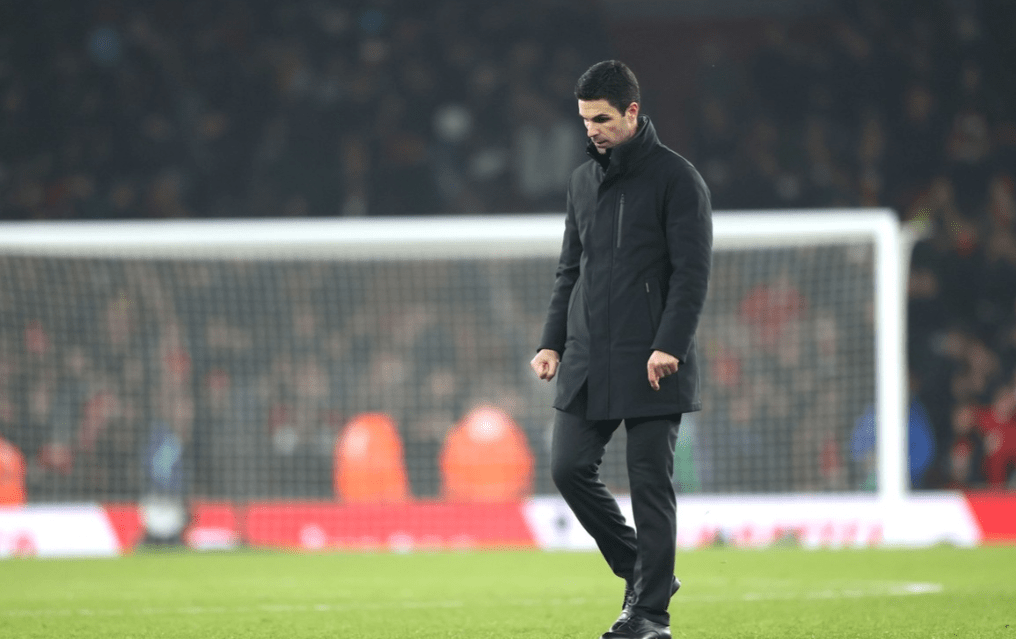
Arsenal's substantial investments have not translated into expected returns, becoming a heavy burden for Arteta. He faces pressure from the media and growing expectations from fans.
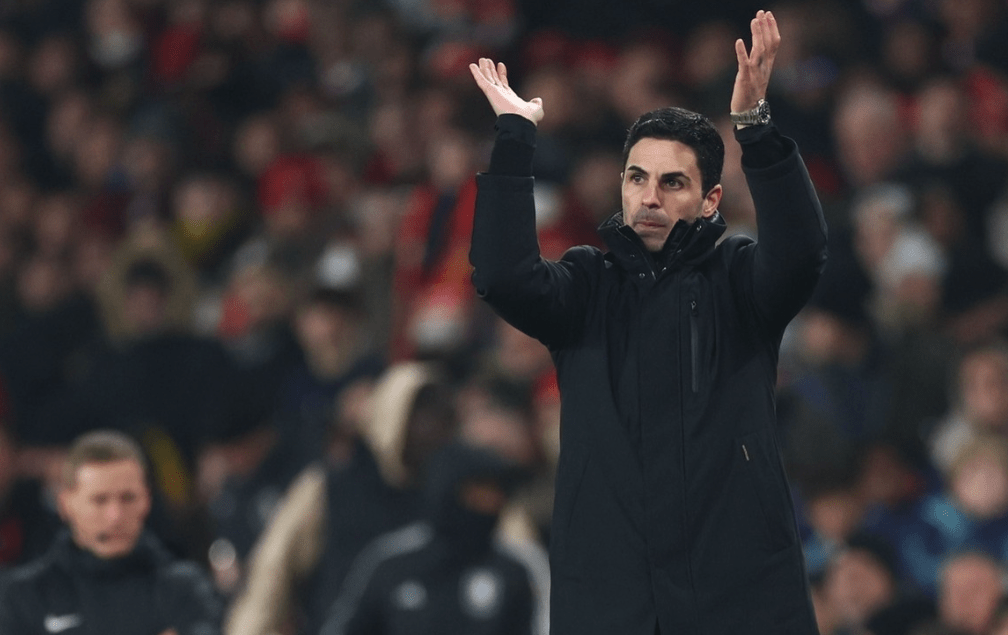
Arteta's tactical approach emphasizes possession, aiming to control the game's rhythm through precise ball control. While possession can enhance a team's organization, it becomes meaningless if it does not effectively translate into offensive threats. Arsenal's offensive struggles reflect this tactical shortcoming.
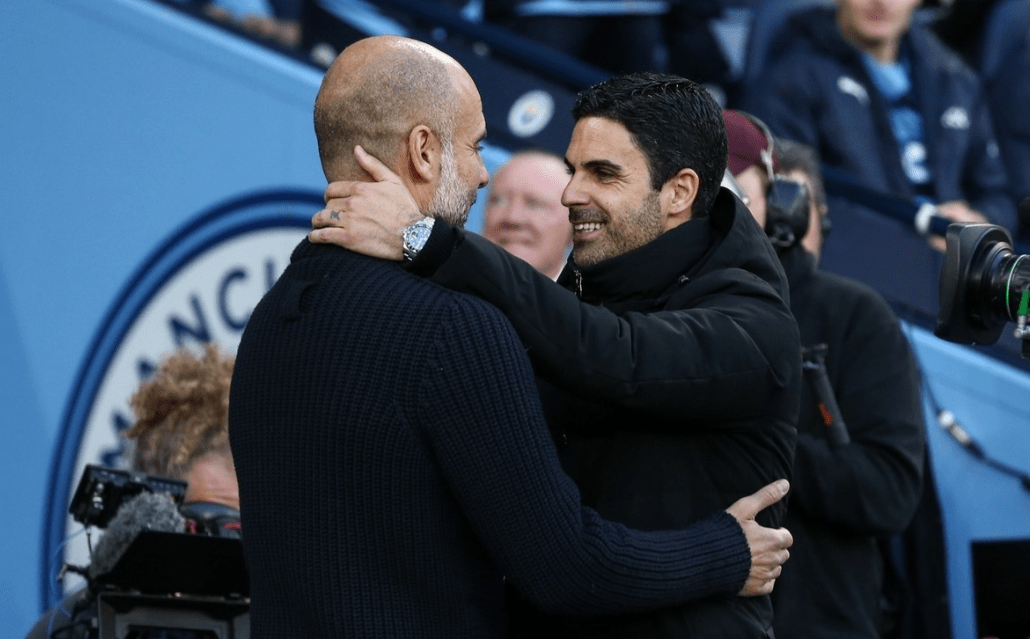
Despite successful set-piece attacks, Arsenal's open-play performance is underwhelming. The team lacks a player who can make a decisive impact in key moments, regardless of the opponent's strength. This deficiency often leads to a lack of composure and costly mistakes in attack, complicating matches that should be easily won.
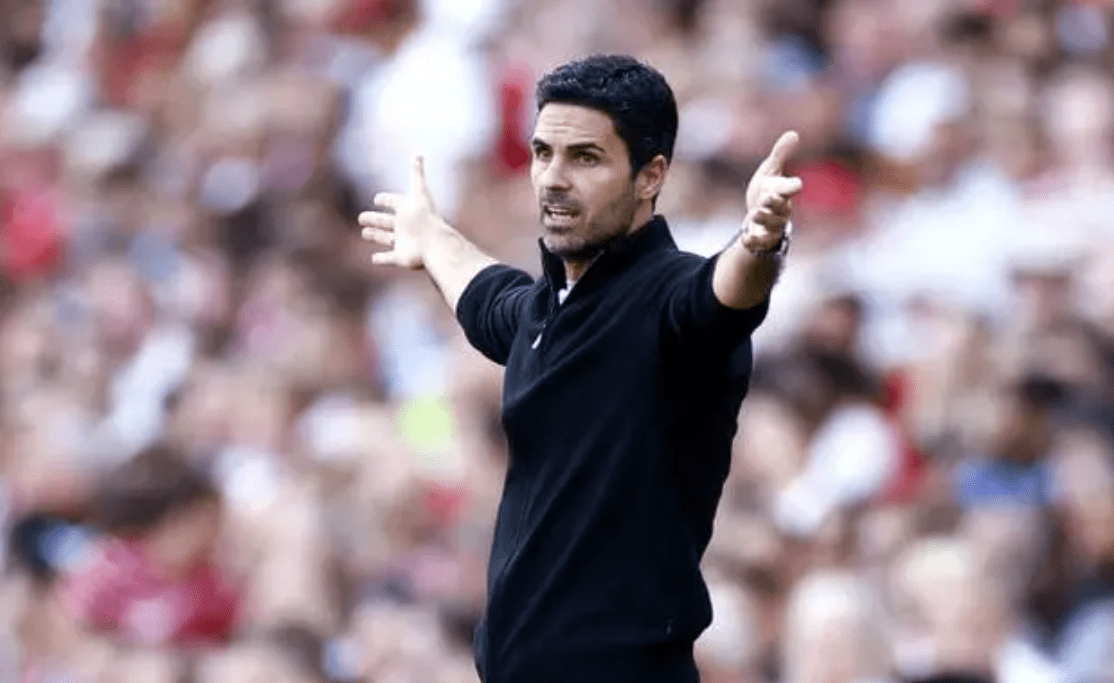
Arteta has made progress in defense, establishing a tight backline, but the offense has not seen a qualitative leap. The absence of a prolific striker is increasingly evident, hindering Arsenal's attacking prowess. Without a player capable of breaking deadlocks, Arsenal often finds itself mired in offensive struggles.
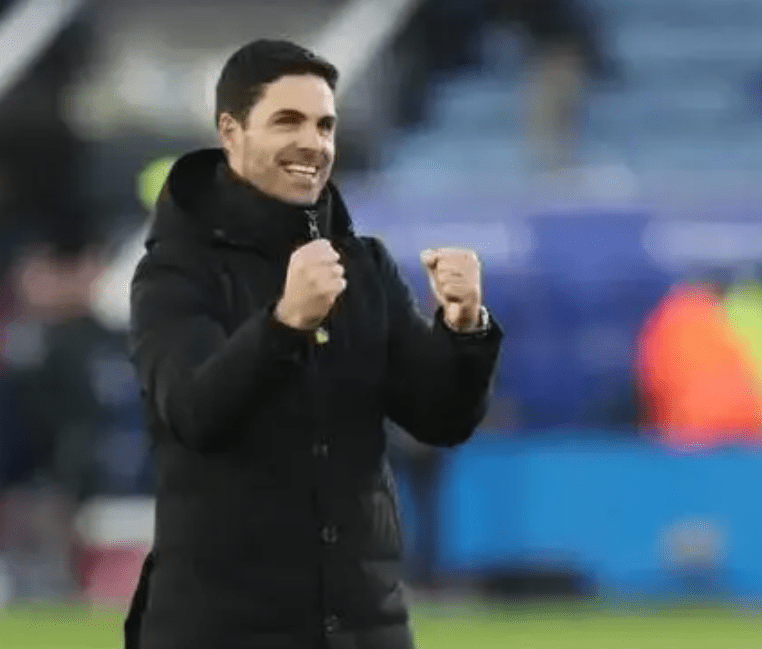
The root of Arsenal's problems may lie deeper than mere tactical errors; psychological factors could be at play. Arteta has instilled a disciplined tactical system, but the team often appears tense and lacking in confidence, especially against top teams like Manchester City and Liverpool.

Arsenal repeatedly fails to capitalize on championship opportunities, often missing crucial strikes. This psychological weakness causes the team to falter at the end of seasons. The lack of mental fortitude directly affects performance, particularly when facing strong opponents, where Arsenal players seem to lack the necessary toughness.

Arteta must help the team adjust mentally to find a breakthrough. His coaching style mirrors Guardiola's, but there are clear differences. Arteta has replicated Guardiola's possession-based tactics with some success but has not fully mastered adjusting strategies in critical moments or adapting to variables.
Facing strong opponents, Arteta often seems helpless, lacking the flexibility Guardiola exhibits. This inflexibility contributes to Arsenal's failures against top teams.
As Guardiola's protégé, Arteta possesses considerable tactical acumen but needs time to gain experience and make in-game adjustments. To become a top coach, imitation alone is insufficient; adaptability is key.
While Arsenal has not reached its desired level, Arteta's long-term planning holds promise. Strengthening the frontline with a world-class forward could address the team's offensive weaknesses, potentially transforming Arsenal back into Premier League title contenders.
Tactically, Arteta must balance possession with efficient offense, encouraging players to maximize their attacking potential without over-reliance on possession at the expense of offensive effectiveness. Crucially, he needs to bolster the team's mental resilience, helping players stay calm in pivotal moments to avoid collapses.
Arsenal still has a chance to succeed, contingent on Arteta's ability to refine tactics, strengthen the squad, and instill greater confidence and decisiveness in major competitions. Addressing these issues could see Arsenal return to its peak.
The match concluded with Arsenal fans still anxious about their team's future. However, perhaps one day, they will witness Arsenal once again contending for top-tier championships.